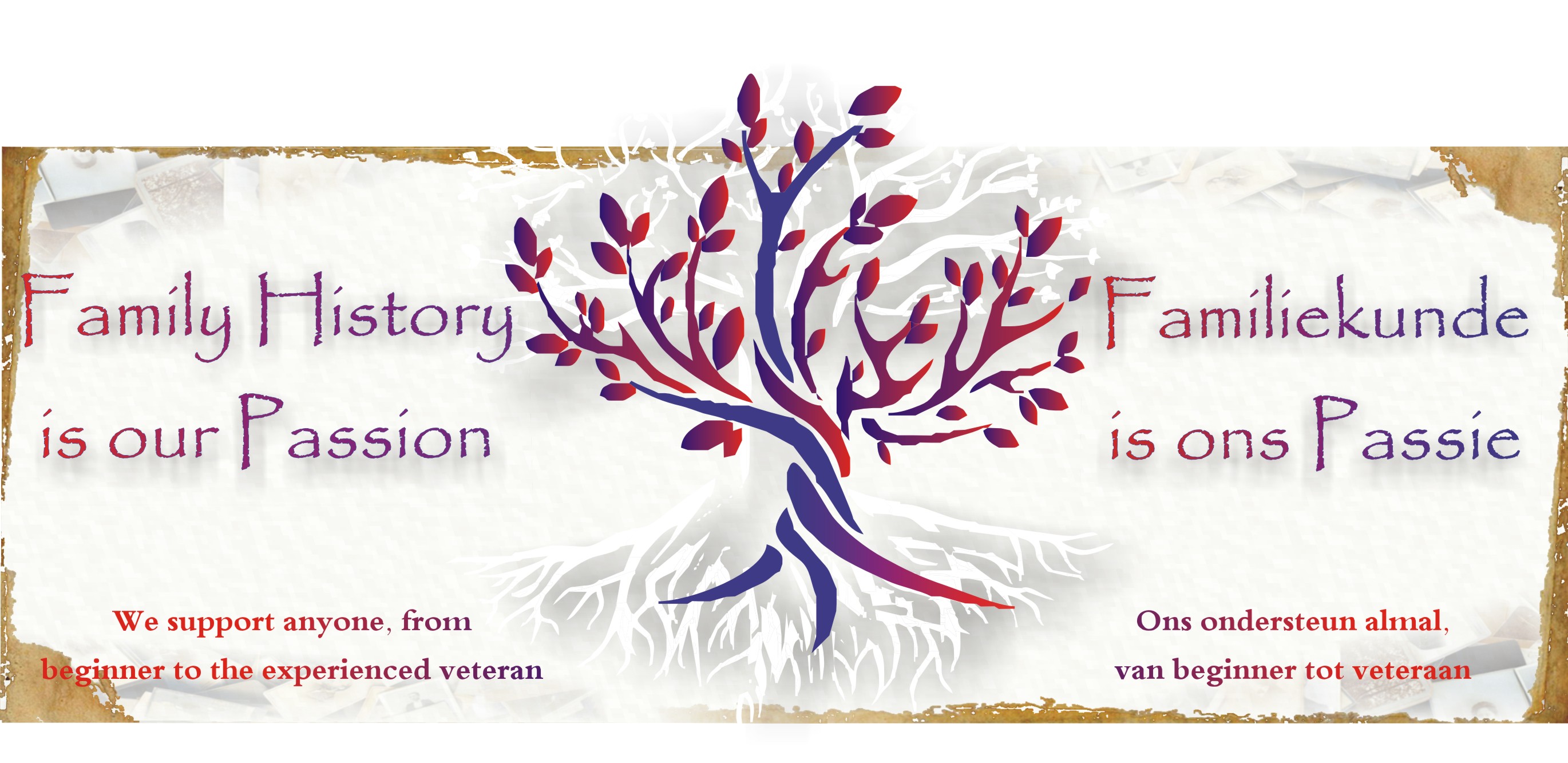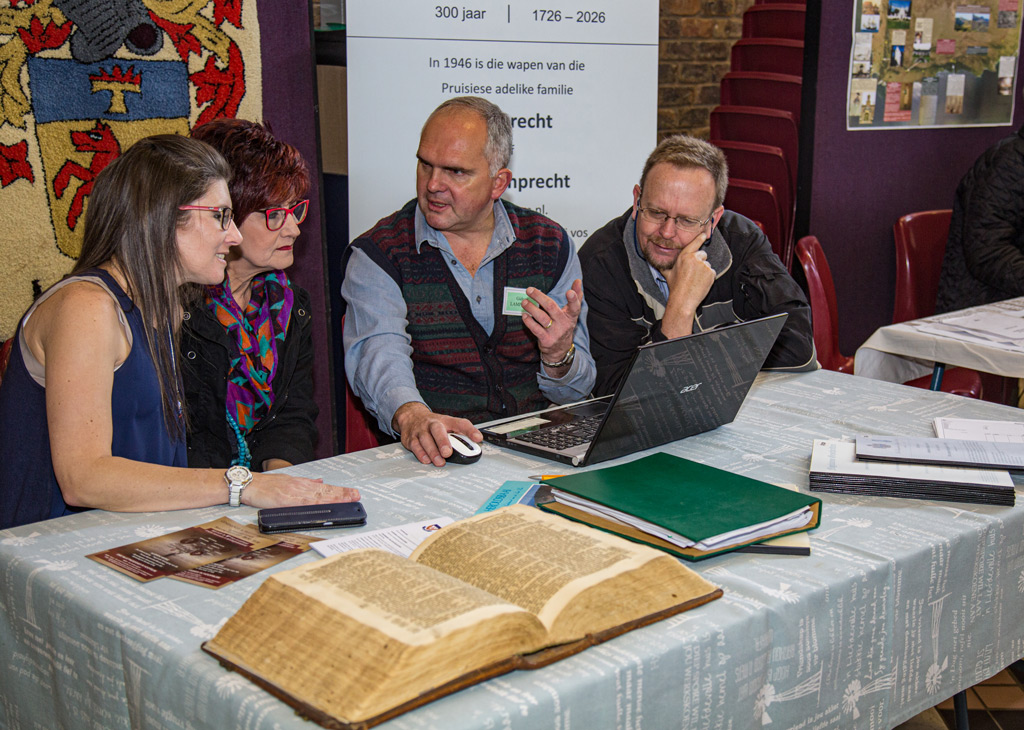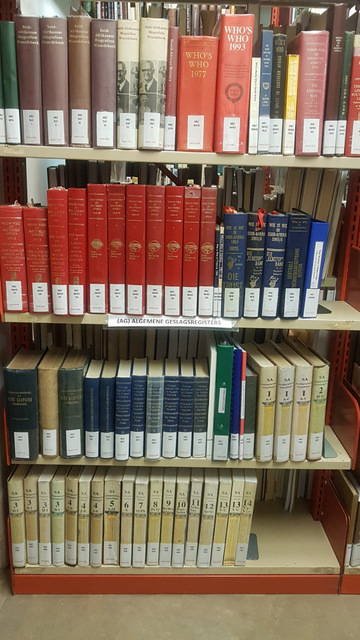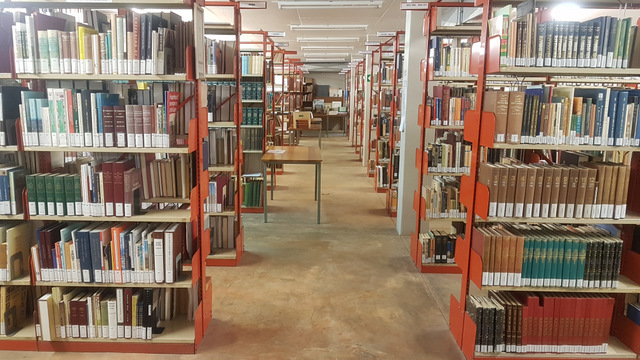Welcome to the Genealogical Society of South Africa
 We serve a community of dedicated amateur family researchers. Anyone who hasn't ever dabbled in genealogical research can imagine the relief, joy and great exultation that the genealogist experiences on having made a breakthrough, or finds the final link to complete a family line. It truly is the experience of a lifetime.
We serve a community of dedicated amateur family researchers. Anyone who hasn't ever dabbled in genealogical research can imagine the relief, joy and great exultation that the genealogist experiences on having made a breakthrough, or finds the final link to complete a family line. It truly is the experience of a lifetime.
Families have migrated far and wide within South Africa. Later descendants of families that arrived in South Africa as early as 1676 trekked North and East, some ending in the present day Namibia and or even further afield to Angola and Kenya. Tracing their footsteps, opens up new worlds, and gives one insight into cultural, political and the religious motivation for these great treks.
The Genealogical Society of South Africa (GSSA) that was established in 1964 has twelve branches of which eleven are land based and one which is an electronic branch catering for members worldwide, via the internet. Each branch arranges its own activities and meets all year round apart from December and January. More information can be gleaned by visiting the branch pages of www.genza.org.za. Members become close friends and are more than happy to assist newcomers with their research. Many a dead end has been resolved by discussing the issue with a fellow genealogist.
Our aim and goal is:
-
To promote and facilitate interest and research in genealogy and family history to present members, to the genealogical hobbyist and to all members of the public who may be interested in genealogy and/or family history.
-
To promote general understanding of Genealogy and its value, to understand and maintain professional status and dignity for genealogists amongst members of the Genealogical Society of South Africa and the general public.
-
To encourage the observance of the highest standards of research by members of the Society.
-
To provide a wide range of educational courses, research programmes and services for the general benefit of GSSA branches and members, as well as any other service or assistance as may from time to time be decided upon by the National Council of the GSSA.
-
To encourage and develop links with Family History Societies.
-
To establish and maintain contact with like minded Societies throughout the world.
-
To establish a certification program to promote the reliability, professionalism and integrity of all South African Genealogists and Record Researchers.
-
To assist in the preservation of all genealogical records and memorabilia
- Hits: 600234


 The GSSA has excellent genealogical sources that are kept at the library of the
The GSSA has excellent genealogical sources that are kept at the library of the 

